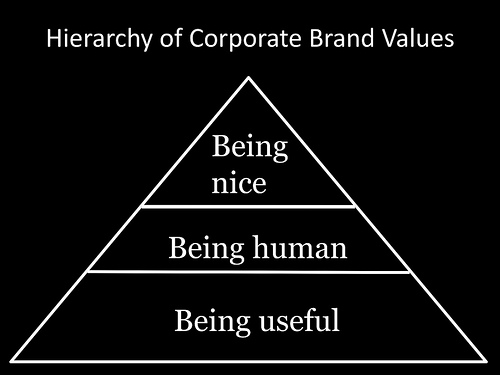by Ron Passfield | Feb 21, 2010 | All Blogs, Change Management
Managers typically focus on change management – getting to the end physical state as quickly as possible. In the process, they leave their employees behind. What managers fail to understand, and act on, is the nature of the personal transitions that individual employees experience during the change process. Understanding these personal transitions can contribute substantially to a successful change.

by Ron Passfield | Feb 10, 2010 | All Blogs, Manager Development
You brand yourself every day by what you attend to, how you treat your employees, your level of self-control, your managerial style, your approach to decision making and your communication skills. Branding is what sets you apart, differentiates you from other managers in your organization and industry.

by Ron Passfield | Feb 9, 2010 | Action Learning, All Blogs, Knowledge Transfer, Productivity
Action learning is learning with others through doing and reflecting on outcomes, both intended and unintended. At the heart of action learning is supportive challenge which is designed to enhance self-development and create organization improvement.

by Ron Passfield | Feb 9, 2010 | All Blogs, Manager Development, Organisation Structures, Performance Management
Managers have multiple sources of power to manage change and develop organizations. Many organizations, though, have power vacuums because managers do not take up the power that is rightfully theirs. Power has become a dirty word but the reality is that organizations are arenas of power and influence. Managers by their very position have organizational power and the responsibility to use it for employee welfare and achievement of organizational goals.

by Ron Passfield | Feb 8, 2010 | All Blogs, Productivity
Employee motivation is considerably enhanced when you meet three basic employee needs – expectations, resources and feedback. You can go a long way to improving employee motivation if you clarify your work expectations, provide employees with the resources they need to do the job and give timely, accurate feedback on work performance.
by Ron Passfield | Feb 7, 2010 | All Blogs, Manager Development, Performance Management
Managerial inaction can work against the espoused excellence values of an organization. Managers are often unaware of the impact of their behavior. Poor performance by managers is more often an issue of omission than overt actions. You need to be aware, as a manager, of the message that your inaction may convey.




